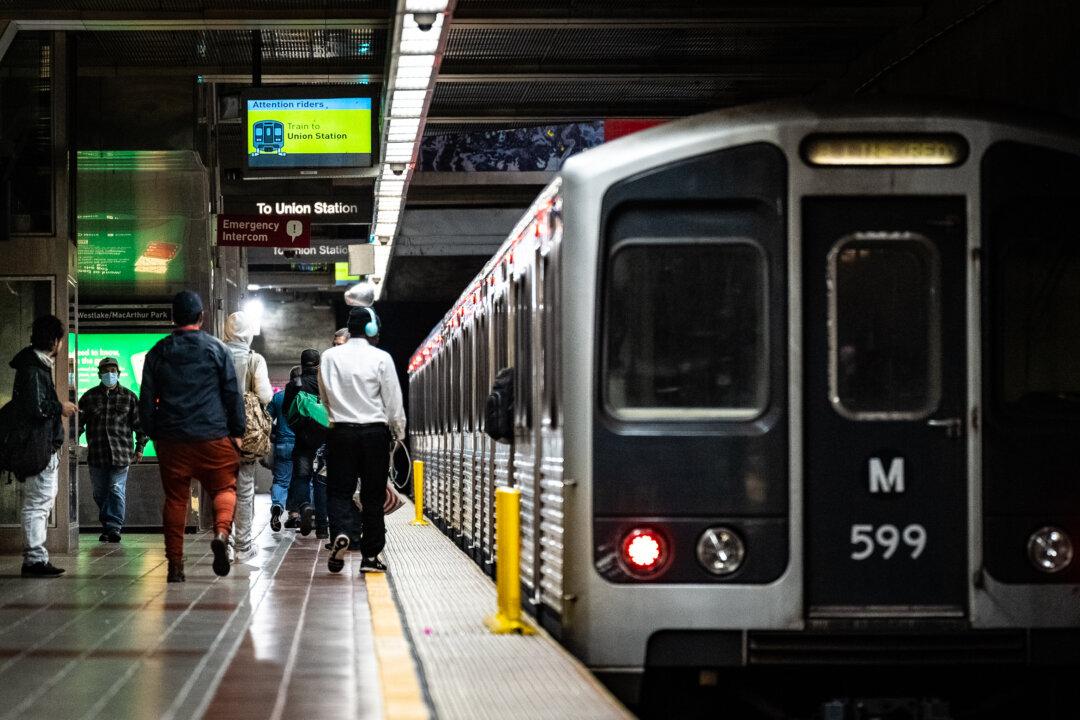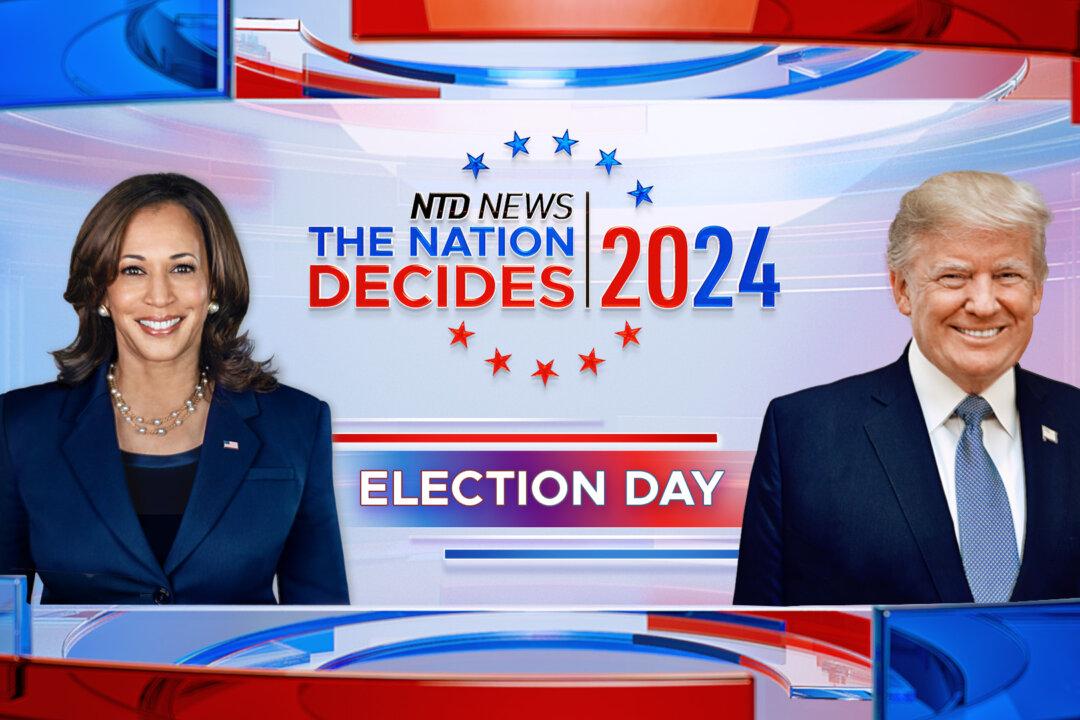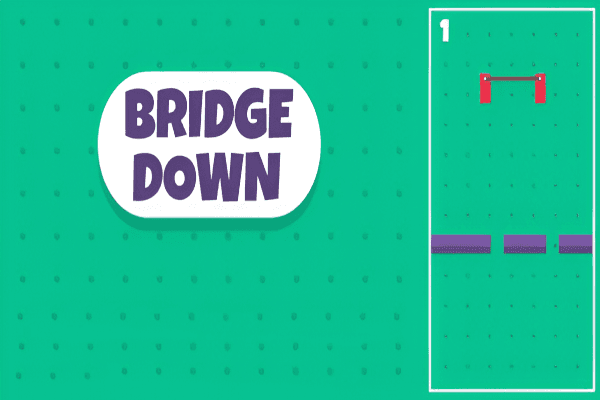
Passengers in the Westlake/MacArthur Park train station in Los Angeles on March 20, 2023. John Fredricks/The Epoch Times
Ridership on LA Metro’s buses and trains has increased to its highest level since the coronavirus pandemic, City News Service reported.
There were a total of 284,905,020 boardings in 2023, up 11.6 percent from 2022, according to Metro’s announcement on Monday.





